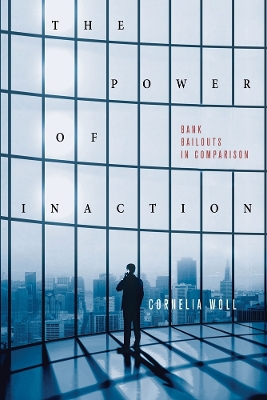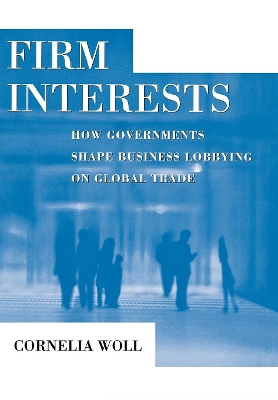Cornell Studies in Political Economy
2 total works
Bank bailouts in the aftermath of the collapse of Lehman Brothers and the onset of the Great Recession brought into sharp relief the power that the global financial sector holds over national politics, and provoked widespread public outrage. In The Power of Inaction, Cornelia Woll details the varying relationships between financial institutions and national governments by comparing national bank rescue schemes in the United States and Europe. Woll starts with a broad overview of bank bailouts in more than twenty countries. Using extensive interviews conducted with bankers, lawmakers, and other key players, she then examines three pairs of countries where similar outcomes might be expected: the United States and United Kingdom, France and Germany, Ireland and Denmark. She finds, however, substantial variation within these pairs. In some cases the financial sector is intimately involved in the design of bailout packages; elsewhere it chooses to remain at arm’s length.
Such differences are often ascribed to one of two conditions: either the state is strong and can impose terms, or the state is weak and corrupted by industry lobbying. Woll presents a third option, where the inaction of the financial sector critically shapes the design of bailout packages in favor of the industry. She demonstrates that financial institutions were most powerful in those settings where they could avoid a joint response and force national policymakers to deal with banks on a piecemeal basis. The power to remain collectively inactive, she argues, has had important consequences for bailout arrangements and ultimately affected how the public and private sectors have shared the cost burden of these massive policy decisions.
Firms are central to trade policy-making. Some analysts even suggest that they dictate policy on the basis of their material interests. Cornelia Woll counters these assumptions, arguing that firms do not always know what they want. To be sure, firms lobby hard to attain a desired policy once they have defined their goals. Yet material factors are insufficient to account for these preferences. The ways in which firms are embedded in political settings are much more decisive. Woll demonstrates her case by analyzing the surprising evolution of support from large firms for liberalization in telecommunications and international air transport in the United States and Europe. Within less than a decade, former monopolies with important home markets abandoned their earlier calls for subsidies and protectionism and joined competitive multinationals in the demand for global markets. By comparing the complex evolution of firm preferences across sectors and countries, Woll shows that firms may influence policy outcomes, but policies and politics in turn influence business demands. This is particularly true in the European Union, where the constraints of multilevel decision-making encourage firms to pay lip service to liberalization if they want to maintain good working relations with supranational officials. In the United States, firms adjust their sectoral demands to fit the government's agenda. In both contexts, the interaction between government and firm representatives affects not only the strategy but also the content of business lobbying on global trade.

